
Topic
Housing
Housing matters. A stable, quality, affordable home is a foundation for so many other parts of life. How do we bring it in reach for everyone?
The Latest

Tribal-Sponsored Development Offers Housing and More in Minneapolis
A hub for health care, social services, and community, the Mino-Bimaadiziwin apartments meet the unique needs of urban Native Americans while enriching the surrounding community.
Explore Articles in this Topic
Search & Filter Within this Topic
filter by Content Type
filter by Date Range
search by Keyword

Equitable Tax Reform Begins at Home(ownership)
Talk of tax reform has reached a fever pitch, but most Americans don’t realize just how high the stakes are and what impact the final legislation could have on their own financial security for years to come.
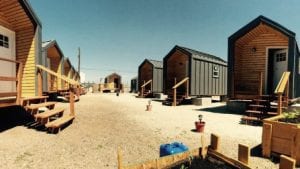
Tiny Homes for the Homeless—Would You Host a Village?
Imagine if hosting a transitional tiny home village became the norm for all suitable vacant land—dare I say even an expectation?

When Bad Names Get in the Way of Good Policy
Today, America is a place where symbols are often more important than the causes or deeds they describe. With social media and the 24-hour news cycle all competing for attention, […]

Your “Opportunity” Map is Broken. Here Are Some Fixes
If we are truly going to reduce our housing policy objectives to the realm of goals related to “opportunity,” I would like to offer some guidelines for its proper use.
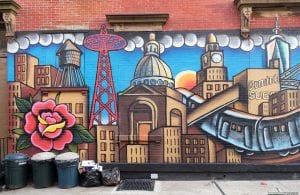
New York City Becomes a Hotbed of Community Land Trust Innovation
New York seems poised to move the concept of community land trusts in new and exciting directions.

Trickle Up Housing: Filtering Does Go Both Ways
Here’s something we don’t talk about enough: developing affordable housing in a tight, high-cost market also increases overall affordability through filtering! Just in the other direction—it trickles up.
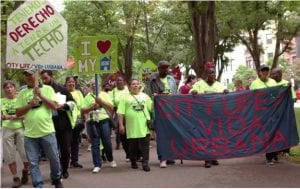
Block by Block, the Renters Movement is Growing
“The string of victories in 2017 are a direct product of renters building power on the ground. Renters, faced with a historic housing crisis, are getting organized to change immediate conditions on the ground and build a movement to transform the way land and housing are treated in the country.”
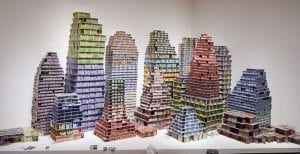
Four Simple Fixes for Mandatory Inclusionary Housing
For the past two years I’ve worked as a housing lottery project manager for a small affordable housing developer and have found that, in spite of De Blasio’s bold initiative, the program often fails to efficiently and adequately serve the very people for which it has been designed.
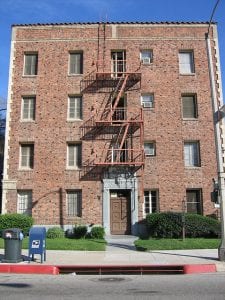
Newly Suspended HUD Rule Would Have Expanded Access to Neighborhood Opportunity
After years-long notice and comment periods, a final rule on using small area Fair Market Rents to determine housing choice voucher payment levels was supposed to take effect. However, the Trump administration has recently announced a two-year suspension of the rule.

Which Agencies Should Pay to End Family Homelessness?
When families have stable housing, the benefits are widespread. And perhaps that has been the problem.
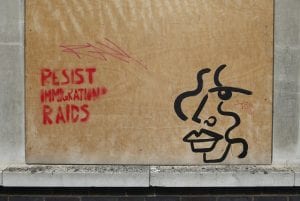
What to Do When ICE Comes to Your Buildings
If you own and/or manage affordable housing, do you know what to do if ICE (Immigration and Customs Enforcement) shows up on your doorstep looking for someone? If you haven’t thought it through yet, now’s the time.
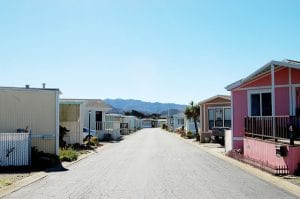
A Policy Agenda for Manufactured Home Owners
In Minnesota, ten mobile home communities have closed in the past twenty-five years, and no new ones have opened. This uncertainty affects nearly 3 million Americans who are residents in the nation’s 50,000 manufactured housing communities. While most of these homeowners own their own homes, they rent the land, leaving them vulnerable to dramatic rent increases, arbitrary rules, and even eviction.
